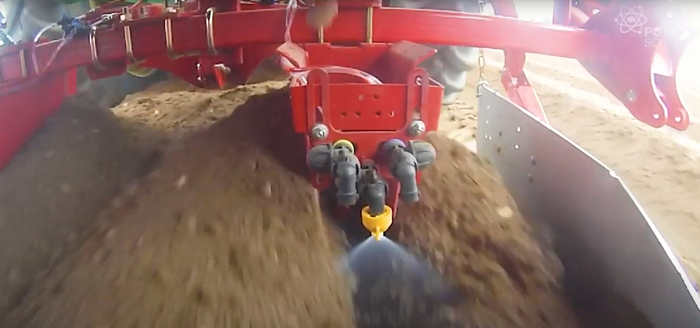Ireland’s organic vegetable market is marked by stark contrasts: while demand for organic produce surges, 70% of the vegetables bought by Irish consumers come from imports. This imbalance presents a unique challenge for domestic horticulture growers, but also a substantial opportunity for growth.
The State of Organic Horticulture in Ireland
In the 1980s, Ireland had nearly 1,300 commercial horticulture growers. Today, that number has dwindled to fewer than 270. Despite this decline, the sector has maintained a relatively steady land area under cultivation, thanks to advancements in crop quality and yield improvements.
John Hogan, a member of the horticultural board of Bord Bia, highlighted at the 2024 BioFarm conference that the reliance on imports from countries like the UK, Spain, and the Netherlands leaves Ireland vulnerable to supply chain disruptions. Last year alone, over €400 million worth of vegetables were imported into Ireland.
Organic produce accounts for a significant portion of these imports. In 2020, fruits and vegetables made up 41% of organic sales, showcasing the growing appetite for organic options among Irish consumers. However, domestic production remains insufficient to meet demand, with much of the supply gap filled by imports.
Opportunities for Irish Growers
Hogan described the current market deficit as a “hugely exciting” opportunity for Irish growers. The National Organic Strategy sets a clear target: reduce organic vegetable imports to less than 50% by 2030. Achieving this will require a coordinated effort between growers, policymakers, and industry stakeholders.
Key growth opportunities include:
- Expansion of Land for Organic Farming: Providing financial and technical support to growers transitioning to organic production can help increase domestic supply.
- Investment in Technology and Training: Leveraging modern horticultural practices, such as precision agriculture and climate-smart farming, can improve yields and reduce costs.
- Strengthening Supply Chains: Developing robust local distribution networks will ensure that Irish-grown organic vegetables reach consumers more efficiently.
- Government Incentives: Continued financial support under Ireland’s organic farming schemes will be crucial to encourage more farmers to adopt organic practices.
Challenges in Scaling Domestic Production
While opportunities abound, challenges remain. Organic farming demands a significant upfront investment and compliance with stringent certification standards, which can deter small-scale farmers. Additionally, competition from established import markets with economies of scale often undercuts local growers.
Ireland’s reliance on imported organic vegetables underscores both a challenge and an opportunity. With targeted support and strategic investment, the country can reduce its dependence on imports and position itself as a leader in organic vegetable production. The National Organic Strategy’s goal to lower imports below 50% by 2030 is ambitious but achievable with the right mix of innovation, policy, and collaboration across the agriculture sector.
For farmers, agronomists, and agricultural engineers, this represents a moment to rethink and reinvigorate Irish organic horticulture, paving the way for a more self-reliant and sustainable food system.







